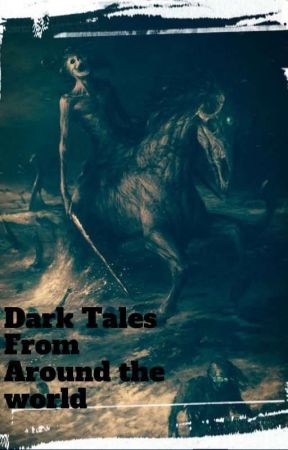Regardless of anyone’s religious or spiritual beliefs, or lack thereof, Aleister Crowley is an incredibly fascinating figure. There’s as much myth and legend surrounding him as there are facts, and sifting through the stories is a strange, strange look into one of the most notorious lives of the 20th century. He left behind an incredibly rich history of teachings and beliefs, not to mention more than a few outrageous claims.
Aleister Crowley was branded the "Wickedest Man in the World," but what was really going on inside the mind of one of the world's most famous occultists? There is, perhaps, no man ever to have lived who has scratched the surface of nearly every facet of society quite the way Aleister Crowley did.
As a mountaineer, poet, theologian, black magician, spy, drug fiend, sex addict and “traitor to the British people,” Aleister Crowley drew crowds of followers and hoards of critics. He was branded as evil and egotistical, a raging genius, and a messiah of anti-Christianity.
The tabloids called him “The Wickedest Man In The World,” and a “Master of Darkness,” and yet their words don’t even begin to do him justice, though there are few words in existence that could. After all, how do you begin to describe a man who was banished from Italy for acts of extreme depravity by Mussolini himself, and who rubbed elbows with the most respected writers of the 20th century while penning textbooks on tantric sex magic?
To understand Aleister Crowley, or to come as close to understanding as the man would allow, one must start at his upbringing. Born Edward Alexander, Crowley found himself amongst some of Britain’s most evangelical Christians, the very opposite of the type of people he would attract later in his life. His father was a preacher, and at first, Crowley found himself entirely devoted to the religion, out of respect for his father.
However, upon his father’s death when Crowley was just 11 years old, he began firmly eschewing all sense of Christianity. He would point out inconsistencies in the teachings of the Bible during study groups in school, and would outright defy all Christian morals by smoking, masturbating, and having sex with prostitutes. For his behavior, his mother referred to him as “the Beast,” a title which he reveled in.
Crowley adopted the name Aleister in 1895 when he was 20 years old. His reasons for discarding his old name, outlined in his autobiography, seem to foreshadow every choice he would make in his adult life, as they depict a man with high ambitions, firm ideals, and a complete disregard for personal connection.
“For many years I had loathed being called Alick, partly because of the unpleasant sound and sight of the word, partly because it was the name by which my mother called me. Edward did not seem to suit me and the diminutives Ted or Ned were even less appropriate. Alexander was too long and Sandy suggested tow hair and freckles. I had read in some book or other that the most favorable name for becoming famous was one consisting of a dactyl followed by a spondee, as at the end of a hexameter: like Jeremy Taylor. Aleister Crowley fulfilled these conditions and Aleister is the Gaelic form of Alexander. To adopt it would satisfy my romantic ideals.”
Shortly after changing his name, Crowley enrolled at Cambridge University. His life at Cambridge paints a picture of a lifestyle fit for an Austenian hero, a tortured soul practicing chess, penning poetry and inspired literature, and dreaming up exotic mountain climbing adventures in his spare time.
However, Aleister Crowley was about as far from a Mr. Darcy type as one could be. Under his polished, collegian exterior lay a deeply tumultuous man, harboring secret plans of magical, spiritual domination, maintaining borderline-sadistic sexual relationships prostitutes of both sexes, delving ever deeper into the world of the occult.
Once his time at school was over, Crowley briefly considered a career in diplomatic relations. However, after being accused of treason during a trip to Russia, he reverted to writing literature. After a brief illness that triggered his understanding of morality and “the futility of all human endeavor,” he further narrowed his focus to writing occult literature, publishing several erotic poems, and a book of occult musings.

YOU ARE READING
Dark Tales From Around The World.
TerrorJust of collections of stories my family and friends have told me. and experiences that they have had. As well as legends and ghost stories I've come across.
